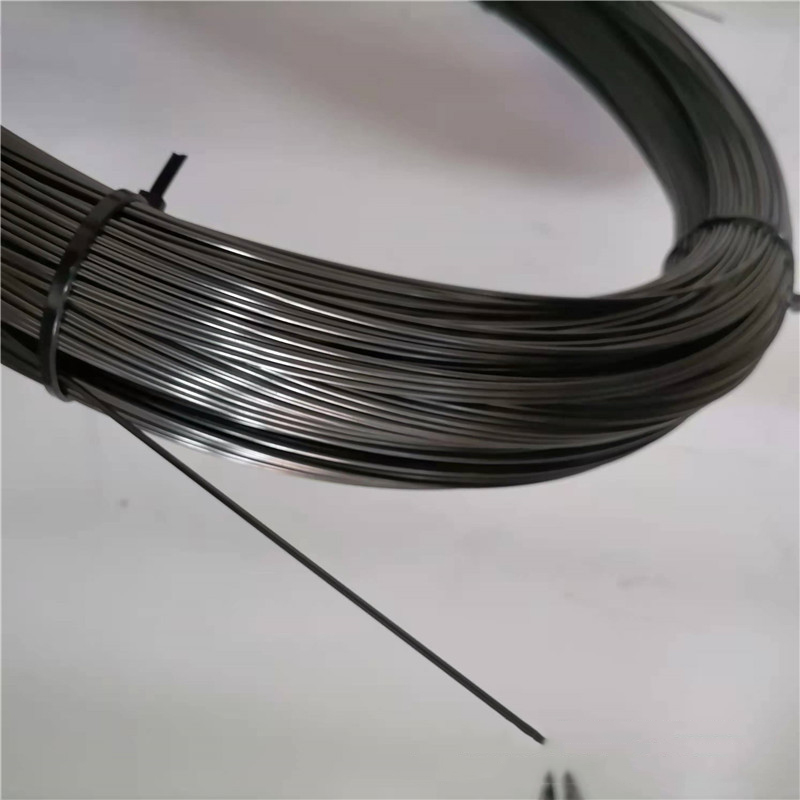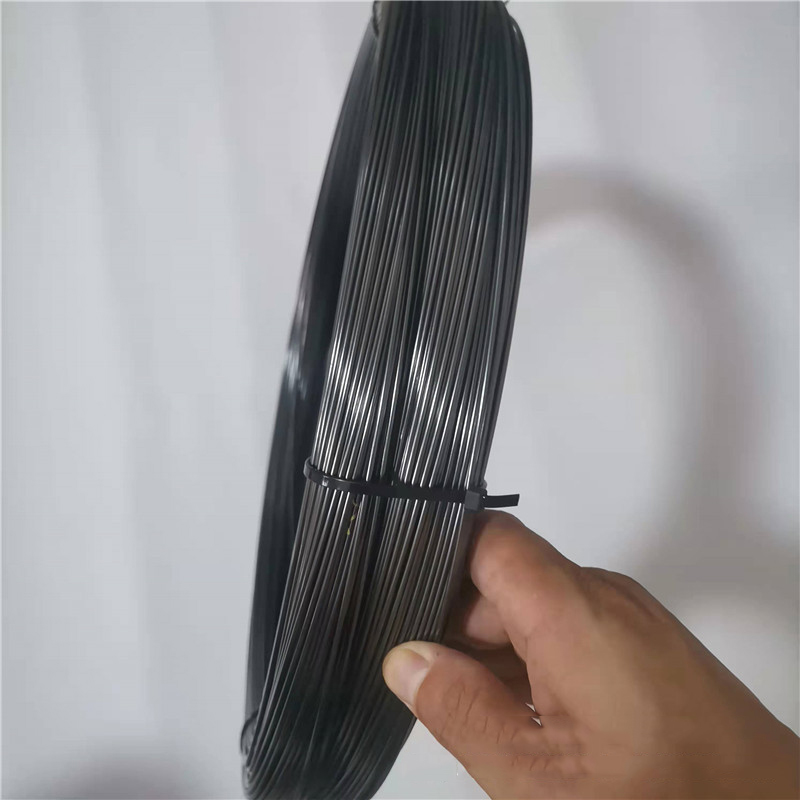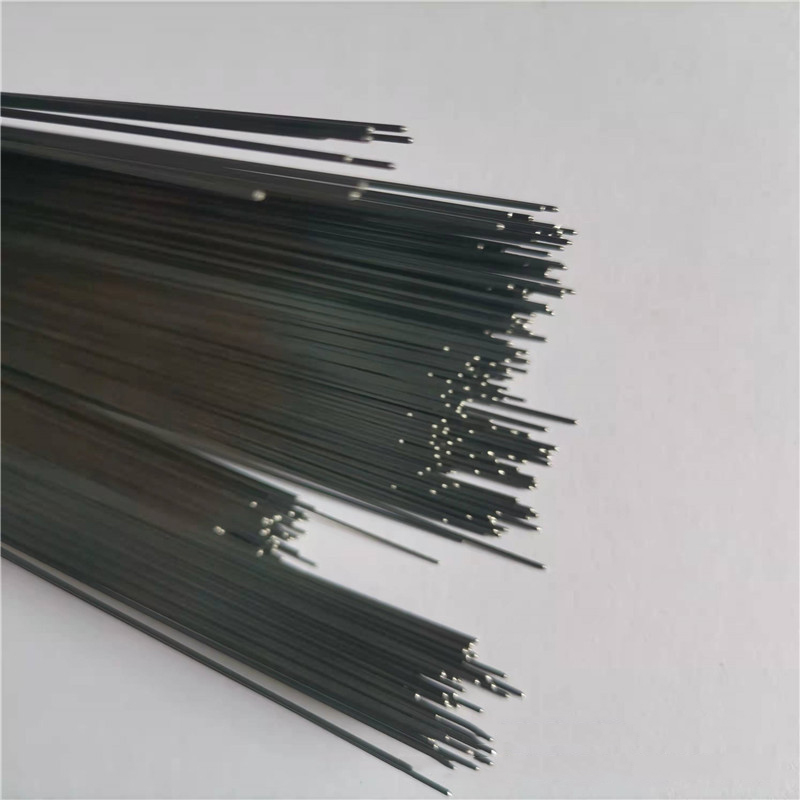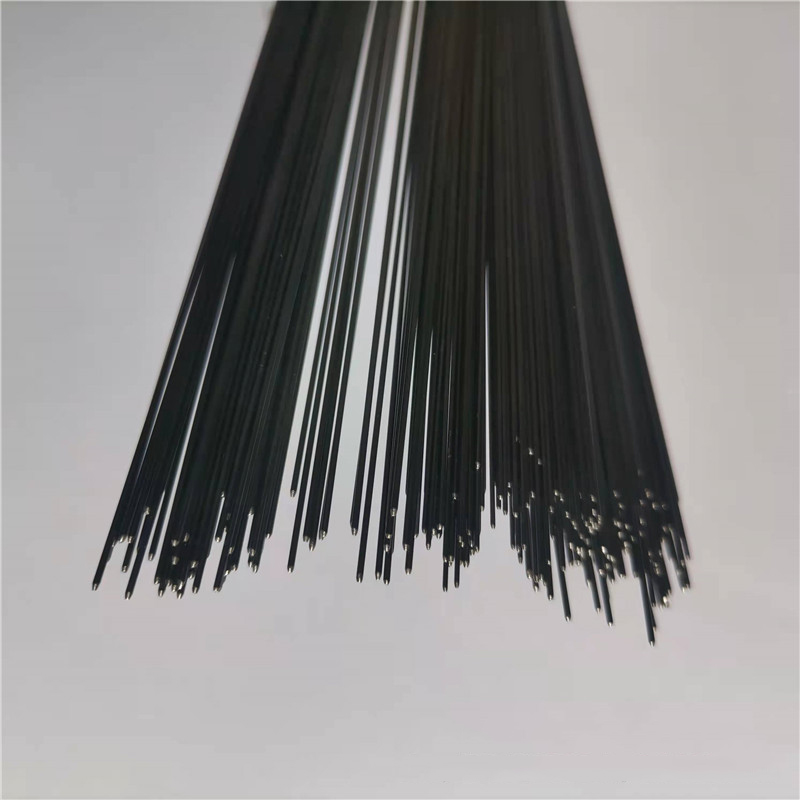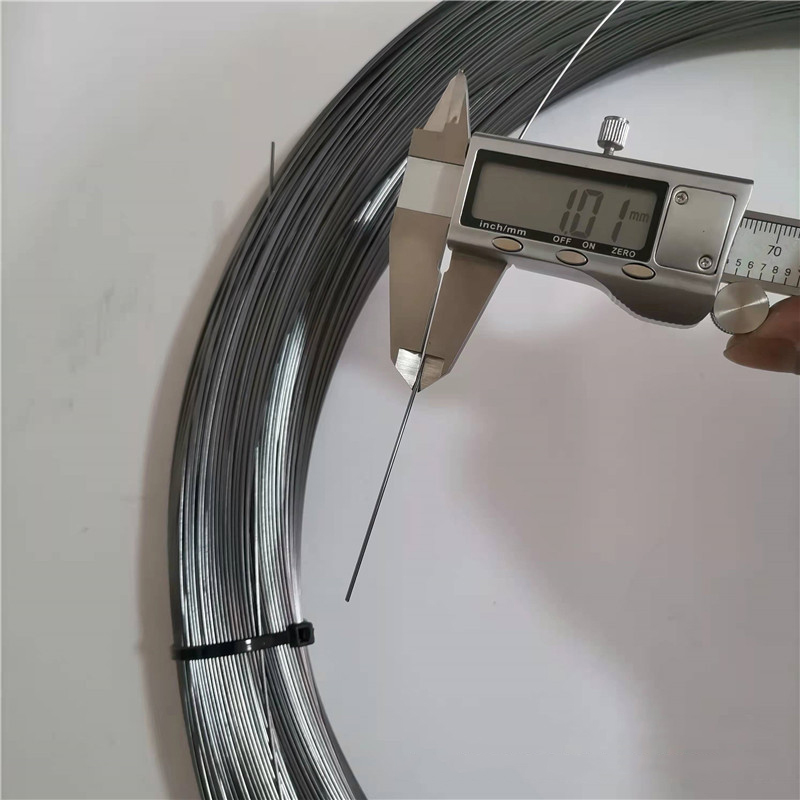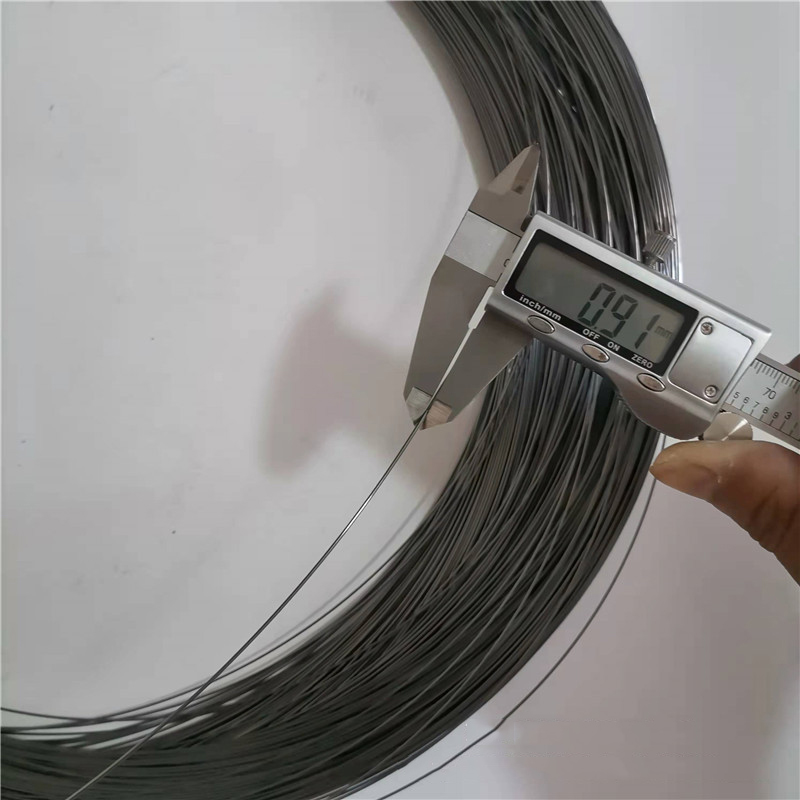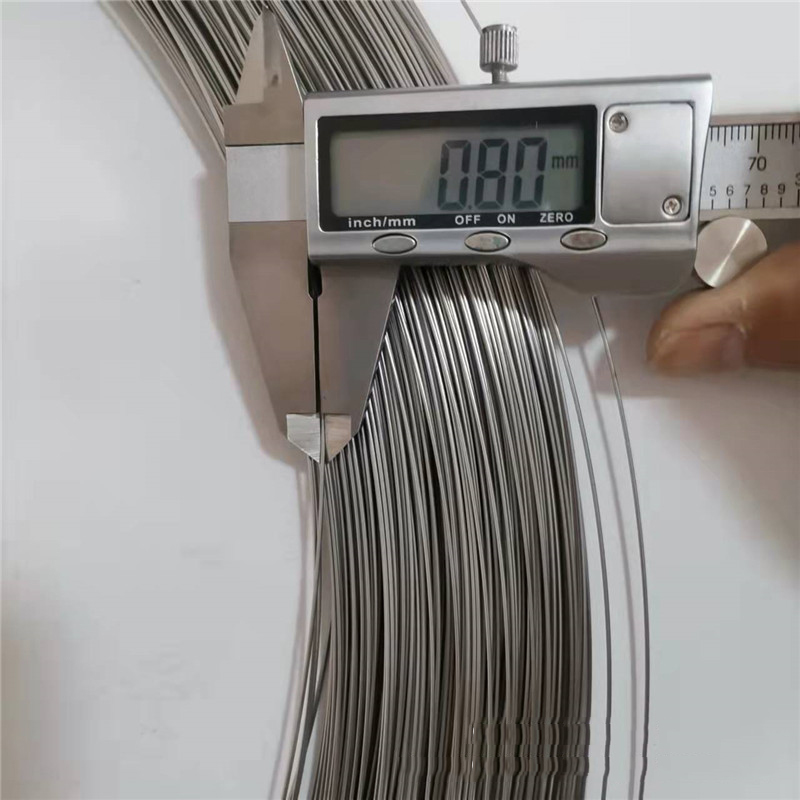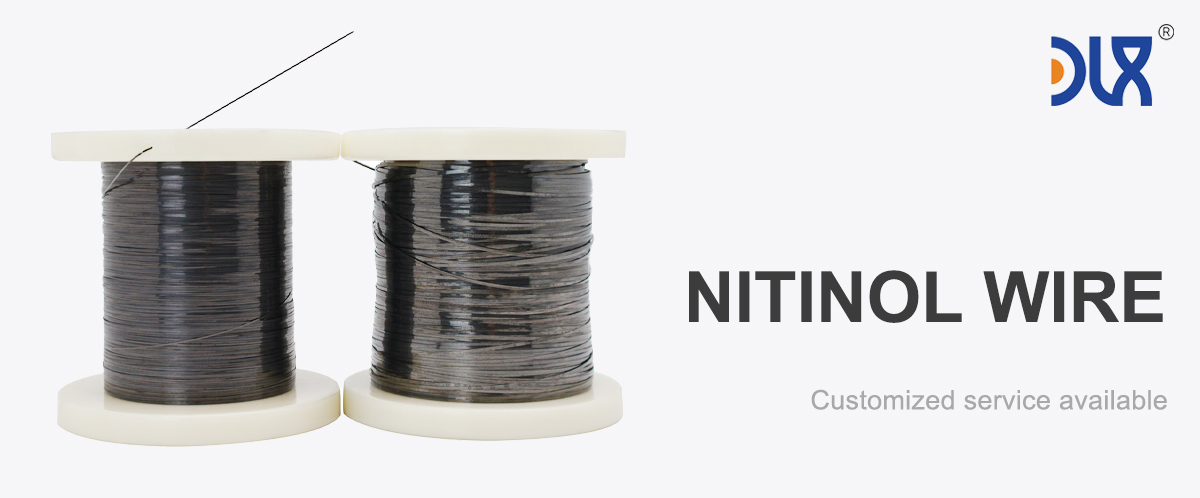
Our high fatigue resistance Nitinol Wire is a superstar for long-term medical implants, built to last through years of stress without missing a beat. Nitinol, a nickel-titanium alloy, is renowned for its superelasticity and shape memory—meaning it can bend, flex, and return to its original shape, no matter the challenge. With a nickel content of 54.5-57.0% and a transformation temperature range of -25°C to 35°C, our wire is engineered to meet ASTM F2063 standards, ensuring top-notch biocompatibility and performance. Whether it’s a vascular stent pulsing with every heartbeat or an orthopedic implant supporting a healing bone, our Nitinol wire delivers.
What sets our wire apart? It’s all about endurance. With tensile strength of 1000-1400 MPa and exceptional fatigue life, our wire can handle millions of cycles without breaking down. We’ve optimized it for long-term implants like stents, cardiac devices, and bone fixation systems, where reliability is non-negotiable. Our rigorous quality control ensures every batch is corrosion-resistant and biocompatible, giving surgeons and patients confidence in every implant. Plus, our smooth surface finish minimizes complications, making our wire a trusted choice for medical applications.
For more details, pls directly contact us.
Our Nitinol wire is a carefully balanced blend of nickel (54.5-57.0%) and titanium, delivering the superelasticity and shape memory that make it perfect for implants. The transformation temperature range (-25°C to 35°C) is tuned for body-temperature performance, ensuring the wire activates its shape memory or superelasticity right when it’s needed. Compared to stainless steel or pure titanium, our Nitinol is a cut above. Stainless steel is strong but rigid, lacking the flexibility for dynamic implants. Pure titanium is biocompatible but doesn’t match Nitinol’s fatigue resistance or shape memory, which are critical for long-term use.
The standout feature of our wire is its fatigue resistance, designed to endure constant stress—like a stent expanding with every heartbeat. Its corrosion resistance is top-tier, standing up to bodily fluids without degrading. With an elongation range of 10-20%, our wire balances flexibility and strength, ensuring it can flex without breaking. We also offer customization options, like tweaking transformation temperatures or adding trace elements for specific implant needs, all while maintaining ASTM F2063 compliance for medical safety.
Industry Analysis
The Nitinol wire market is thriving, especially for long-term medical implants. In 2025, the global medical device market is growing at a CAGR of 5.7%, with Nitinol leading the charge for durable, biocompatible materials. The rise of minimally invasive surgeries is a big driver—patients want faster recoveries, and surgeons need implants that last. Our high fatigue resistance Nitinol wire is tailor-made for this, excelling in applications like vascular stents and orthopedic devices where longevity is key.
Beyond medical, industries like aerospace and robotics are tapping into Nitinol’s durability for actuators and sensors, but healthcare remains the biggest player. Trends show a shift toward longer-lasting implants, with manufacturers focusing on fatigue resistance and biocompatibility. The growing prevalence of chronic conditions, like cardiovascular disease, is boosting demand for reliable stents and cardiac devices. Challenges like high production costs and strict regulations (like ASTM F2063) keep the market competitive, but our advanced manufacturing and quality assurance make us a leader in delivering durable Nitinol wire.
Applications of Our High Fatigue Resistance Nitinol Wire
Our Nitinol wire is a workhorse for long-term implants, shining in a range of medical applications:
Vascular Stents: Our wire’s superelasticity lets stents collapse for delivery through a catheter and expand perfectly in arteries, lasting years with every heartbeat.
Orthopedic Implants: From bone plates to spinal fixation devices, its fatigue resistance ensures durability under constant stress, supporting healing bones.
Cardiac Devices: The wire’s shape memory and endurance make it ideal for pacemakers or heart valve frames, performing reliably over decades.
Dental Implants: Its flexibility and strength support long-term dental applications, like orthodontic wires that maintain pressure over time.
Guidewires: Our wire’s durability and kink resistance enable precise navigation in complex vascular procedures, reducing risks for patients.
These applications highlight why our Nitinol wire is a top choice for implants that need to perform flawlessly for years.
Nickel- Titanium Wire Grades and Composition Comparison
Grade | Chemical Composition (Main Elements, Balance Ti) | Transformation Temperature (Af) Range | Tensile Strength (MPa) | Elongation (%) | Main Applications |
|---|---|---|---|---|---|
NiTi-01M (Superelastic) | Ni: 54.5-57.0%, Ti: Balance | -25~35°C | 800-1100 | 10-20 | Medical orthodontic wires, root canal files, vascular stents |
NiTi-02 | Ni: 55.0-56.5%, Ti: Balance | 0~80°C | 700-1000 | 8-15 | Shape memory alloys, temperature control devices |
CuNiTi (Ternary Alloy) | Ni: 54.0-56.0%, Cu: 0.5-2.0%, Ti: Balance | -25~35°C | 850-1200 | 12-25 | Medical guidewires, sutures, staplers |
NiTiFe | Ni: 54.5-57.0%, Fe: 0.1-2.0%, Ti: Balance | -50~20°C | 900-1300 | 10-18 | Low-temperature applications, aerospace components |
NiTiCr | Ni: 54.5-57.0%, Cr: 0.1-0.5%, Ti: Balance | -20~40°C | 1000-1400 | 8-15 | High-strength medical devices, bone fixation devices |
For more details, pls directly contact us.
When it comes to high fatigue resistance Nitinol wire, we’re in a league of our own. Our wire is crafted with precision, from tightly controlled nickel content to a smooth surface finish that minimizes implant complications. We invest heavily in R&D to optimize fatigue life, tensile strength, and biocompatibility, ensuring our wire meets the demands of long-term implants. While others may produce Nitinol, we go beyond with enhanced fatigue testing and corrosion resistance, guaranteeing performance in the body’s toughest conditions.
Our supply chain is a major advantage. We’ve streamlined production to deliver Nitinol wire quickly, whether it’s a small batch for prototyping or a large order for global distributors. Our team works closely with clients to customize wire specs, like adjusting transformation temperatures or boosting durability for specific implants. With state-of-the-art manufacturing, we achieve tighter tolerances than industry standards, reducing risks and ensuring reliability. This combination of innovation, speed, and quality makes us the go-to choice for medical device manufacturers.
Why Choose Our High Fatigue Resistance Nitinol Wire?
Our Nitinol wire is built for longevity and trust. Here’s why it’s the best pick for long-term implants:
Unmatched Durability: Our wire’s high fatigue life ensures implants perform reliably through millions of cycles.
Top-Tier Quality: Every batch meets ASTM F2063 standards, with rigorous testing for biocompatibility and corrosion resistance.
Customizable: We tailor transformation temperatures and tensile strength to fit your specific implant needs.
Fast Delivery: Our optimized supply chain delivers high-quality Nitinol wire on time, every time.
Expert Support: Our material scientists and engineers collaborate to ensure your implants exceed expectations.
Comparison Table of Nitinol Wire Parameters
Parameter | Our Nitinol Wire (ASTM F2063) | Stainless Steel | Pure Titanium |
|---|---|---|---|
Nickel Content | 54.5-57.0% | 0% | 0% |
Transformation Temp (Af) | -25~35°C | N/A | N/A |
Tensile Strength (MPa) | 1000-1400 | 500-1000 | 240-550 |
Elongation (%) | 10-20 | 15-40 | 20-30 |
Fatigue Resistance | Excellent | Moderate | Moderate |
Superelasticity | Yes | No | No |
Shape Memory | Yes | No | No |
Corrosion Resistance | Excellent | Good | Excellent |
Biocompatibility | High (ASTM F2063 compliant) | Moderate | High |
Applications | Stents, orthopedic implants | Screws, plates | Bone implants |
The Nitinol wire market is evolving, and we’re leading the way. Advances in nanotechnology could enhance our wire’s properties, like improving radiopacity for better imaging during surgery. The rise of personalized medicine and long-term implants is driving demand for durable, biocompatible materials, and our Nitinol wire is perfectly positioned to meet those needs. We’re investing in next-gen manufacturing to stay ahead, exploring ways to optimize fatigue life and performance while keeping costs competitive.
Sustainability is a priority too. We’re reducing our environmental footprint through energy-efficient production and Nitinol recycling programs. As healthcare demands greener solutions and regulations tighten, we’re committed to delivering eco-friendly, high-performance materials. Our goal is to keep pushing the boundaries of what Nitinol can do, ensuring our wire remains the top choice for long-term implants.
Conclusion
Our high fatigue resistance Nitinol wire is transforming long-term implants, from vascular stents to orthopedic devices. Its superelasticity, shape memory, and unmatched durability make it the ideal choice for medical applications. With a booming market and trends favoring long-lasting, biocompatible materials, our wire is built for the future. By choosing us, you’re getting more than a product—you’re partnering with a company dedicated to innovation, quality, and your success. Let’s create implants that last a lifetime together.
For more details, pls directly contact us.
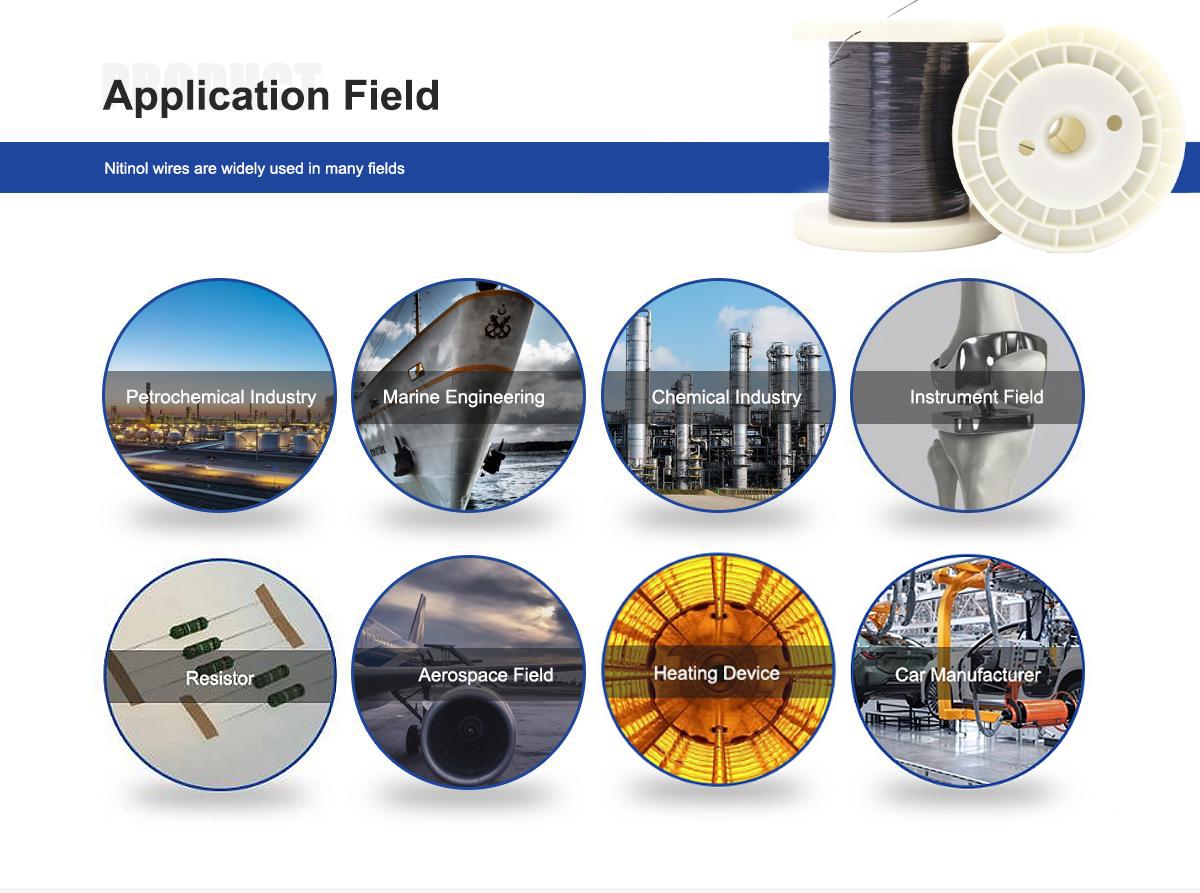
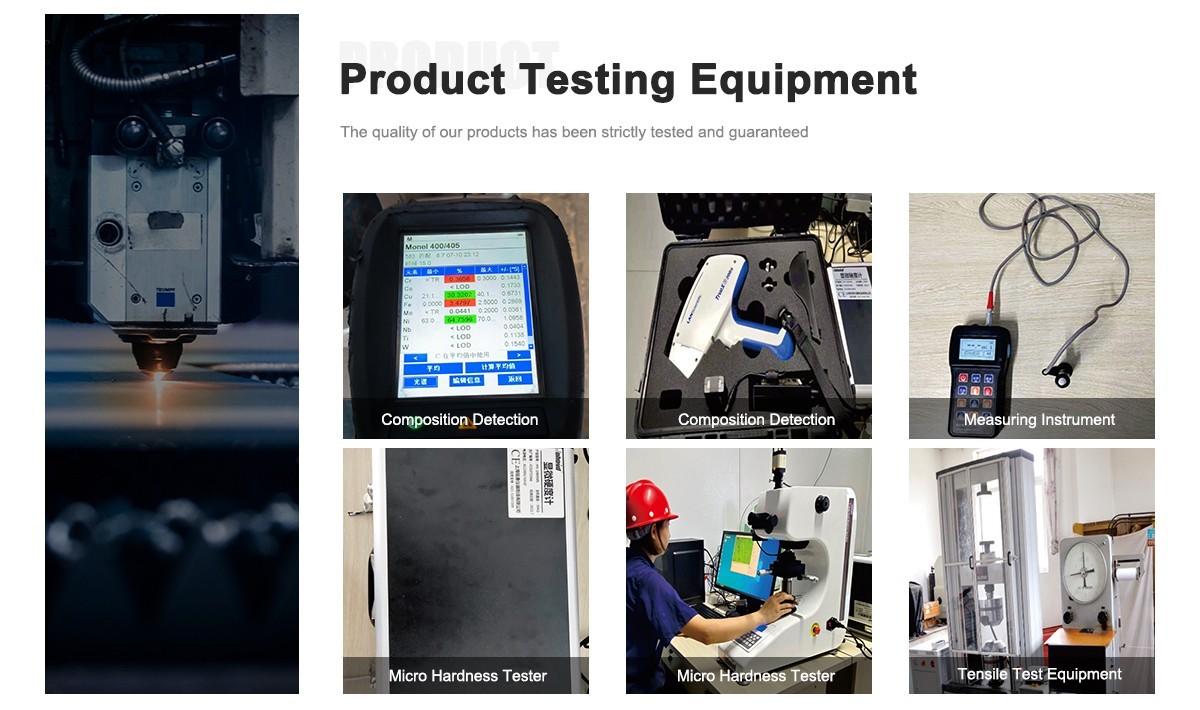
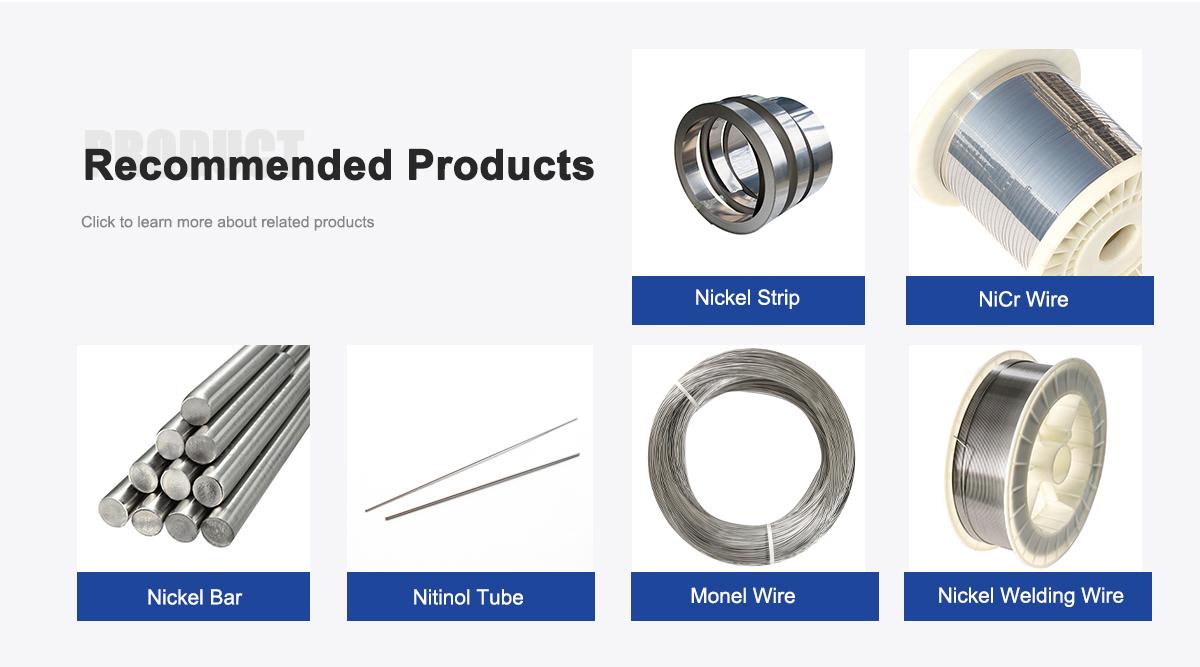
About Us:
Our 12,000㎡ factory is equipped with complete capabilities for research, production, testing, and packaging. We strictly adhere to ISO 9001 standards in our production processes, with an annual output of 1,200 tons. This ensures that we meet both quantity and quality demands. Furthermore, all products undergo rigorous simulated environment testing including high temperature, high pressure, and corrosion tests before being dispatched, ensuring they meet customer specifications.
For all our clients, we offer timely and multilingual after-sales support and technical consulting, helping you resolve any issues swiftly and efficiently.
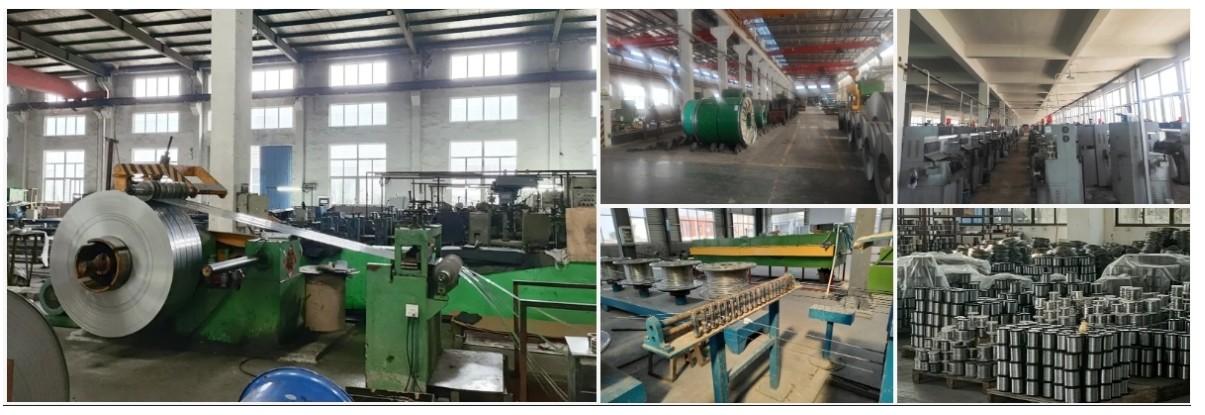
Client Visits
Building Stronger Partnerships
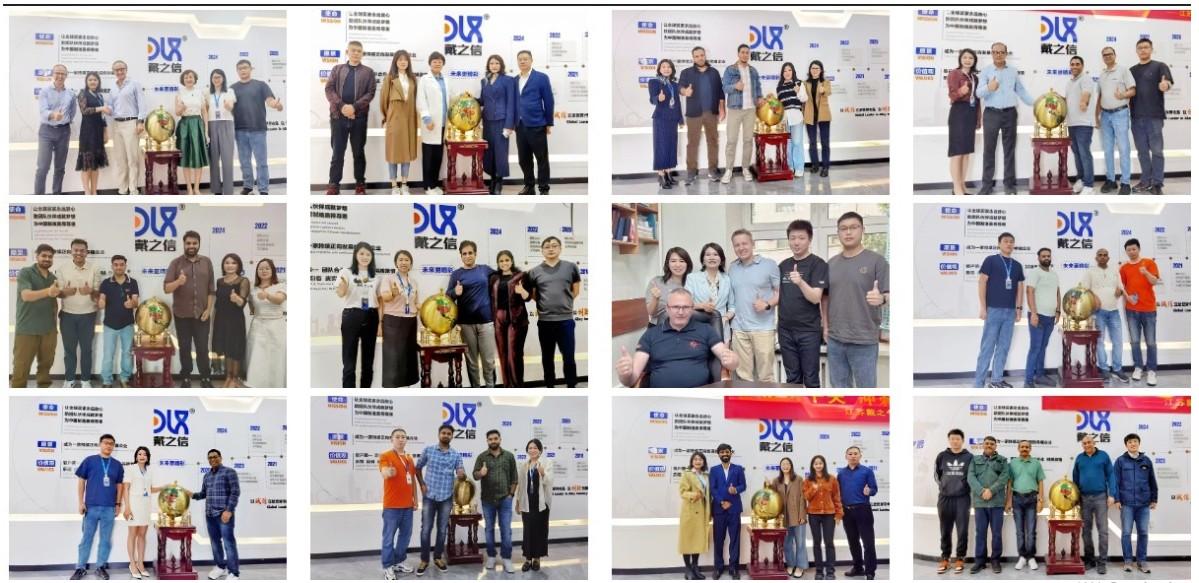
We support all kinds of testing:
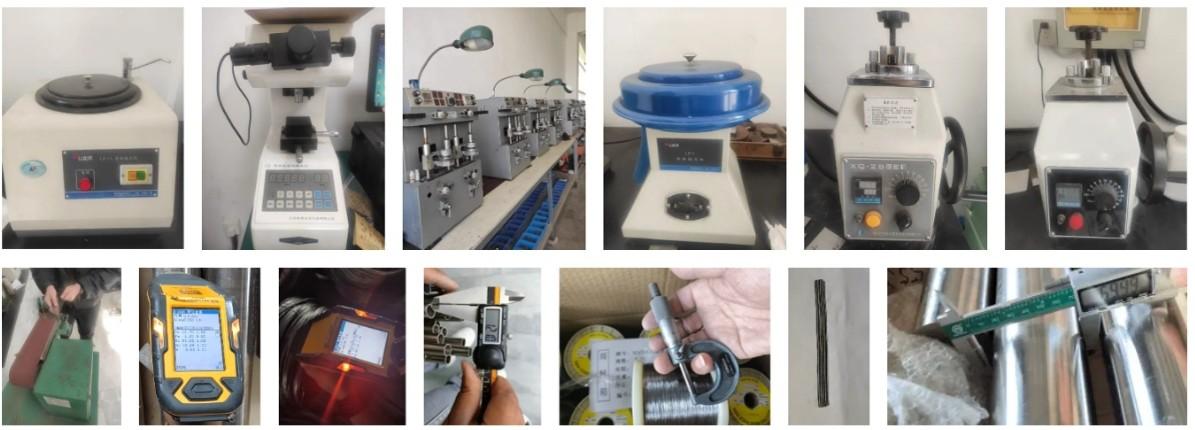

FAQs:
What is high fatigue resistance Nitinol wire?
Our high fatigue resistance Nitinol wire is a nickel-titanium alloy designed for long-term implants, offering exceptional durability, superelasticity, and shape memory.Why is fatigue resistance important for long-term implants?
High fatigue resistance ensures implants withstand millions of stress cycles, maintaining performance and safety over years in the body.What are the main applications of our Nitinol wire?
It’s used in vascular stents, orthopedic implants, and cardiac devices, where long-term durability and flexibility are critical.Is our Nitinol wire biocompatible for medical use?
Yes, it meets ASTM F2063 standards, ensuring safety and compatibility for long-term implantation in the human body.How does our Nitinol wire compare to other materials?
Unlike stainless steel or titanium, our Nitinol offers superior fatigue resistance, superelasticity, and shape memory for dynamic implants.Which industries use our high fatigue resistance Nitinol wire?
Primarily medical for implants, but also aerospace and robotics for durable, shape-memory components.What are the market trends for Nitinol wire in implants?
Growing demand for long-lasting implants, advancements in alloy durability, and increased use in minimally invasive procedures drive market growth.How does our Nitinol wire perform in the body?
Its high fatigue life and corrosion resistance ensure reliable performance under constant stress, ideal for long-term implants like stents.

